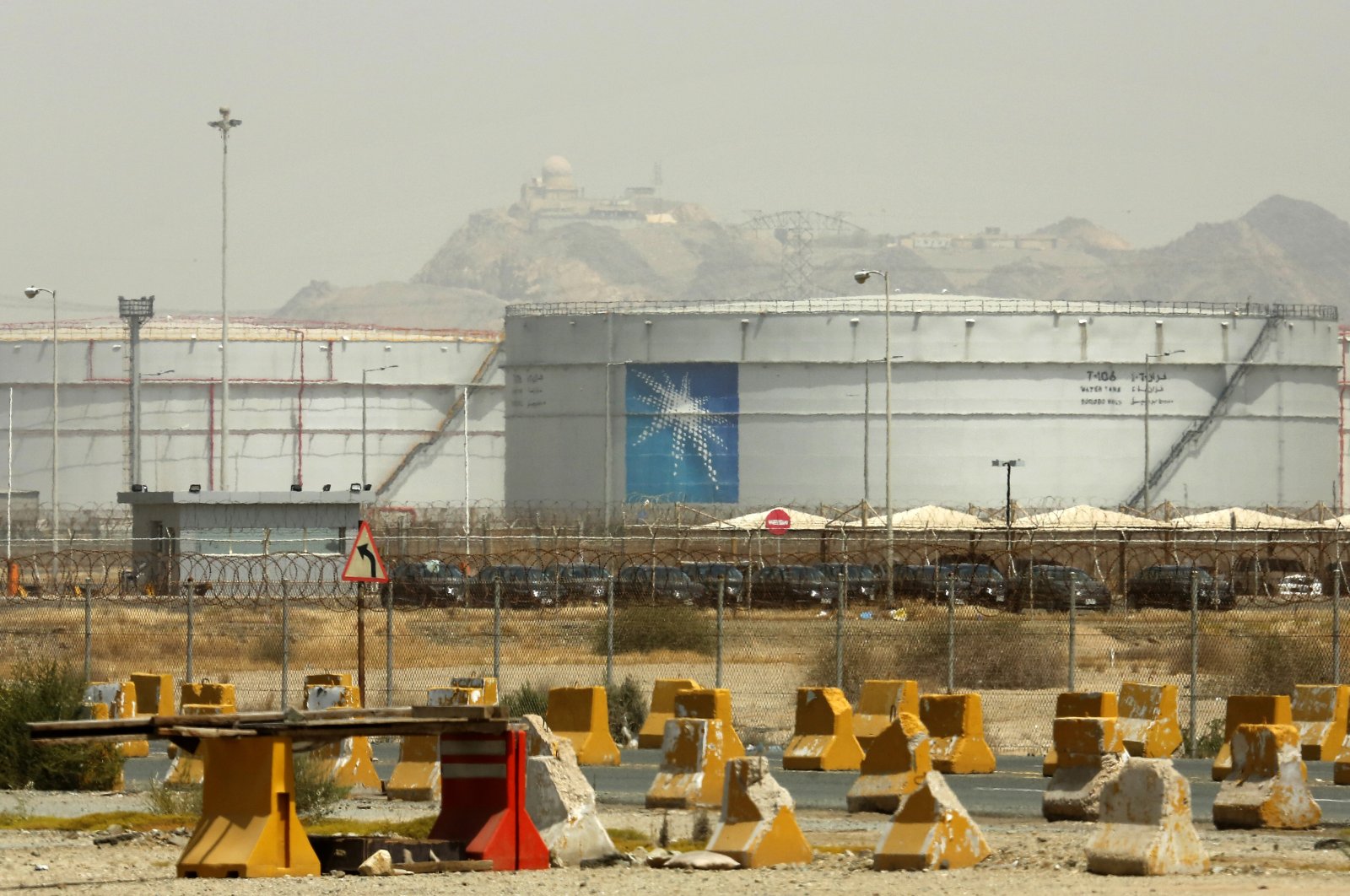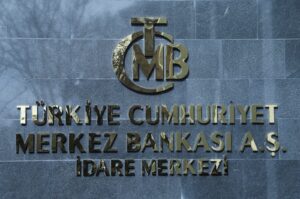Saudi oil giant Aramco on Sunday reported it made $121.3 billion in profit in 2023, down from its 2022 record due to lower energy prices, but said it still boosted its dividends last year, demonstrating the kingdom’s continued reliance on oil revenue as it seeks to diversify.
The results still marked the company’s second highest ever result, Aramco said, as members of the OPEC alliance continue to cut their production to try to boost global energy prices.
However, lower results also squeeze the kingdom as it embarks on a massive development project under its assertive crown prince to wean itself off oil revenues.
The company said in its filing to the Tadawul stock market that the 24.7% decrease in profits in 2023 “mainly reflects the impact of lower crude oils sold and weakening refining and chemicals margins” prices and volume.
Aramco had reported a $161 billion profit in 2022, likely the largest ever reported by a publicly traded company.
Russia’s invasion of Ukraine in February 2022 prompted oil prices to skyrocket, peaking at more than $130 per barrel that year. The record profit gave the kingdom its first annual budget surplus in nearly a decade.
“In 2023, we achieved our second-highest net income ever. Our resilience and agility contributed to healthy cash flows and high levels of profitability despite a backdrop of economic headwinds,” said Aramco CEO Amin H. Nasser in a statement.
Despite lower profits, Aramco boosted total dividends for the year by 30% to $97.8 billion, including $31 billion in the fourth quarter, according to filings. Oil revenues made up 62% of total state revenues last year.
Aramco declared a base dividend, paid regardless of results, of $20.3 billion for the fourth quarter. Aramco expects to pay out $43.1 billion in performance-linked dividends this year, including $10.8 billion to be paid out in the first quarter.
The base dividend was increased by 4% from the previous quarter, and the performance-linked dividend was about 9% higher.
The company said capital investments were $49.7 billion in 2023, up from $38.8 billion in 2022. It forecasts capital investments between $48 billion and $58 billion this year and will grow until the middle of the decade.
That range is wide because for external investments, “there’s an element of timing that we don’t fully control,” Chief Financial Officer Ziad Al-Murshed said on a media call.
Aramco reported overall revenue of $440 billion last year, down from $535 billion in 2022.
Formerly known as the Saudi Arabian Oil Co., Aramco’s output was 12.8 million barrels of oil a day (mbpd). In late January, the Saudi government ordered the company to scrap its expansion plan to boost production capacity to 13 million barrels a day, returning to the previous 12 mbpd target.
The capacity decision “is expected to reduce capital investment by approximately $40 billion between 2024 and 2028,” Aramco said.
Al-Murshed said most of the savings are expected in the latter years, so how they will be spent will be decided as opportunities arise. Priorities for using the extra cash include sustaining capex, the base dividend, growth capex, additional distributions and further deleveraging.
Free cash flow fell to $101.2 billion in 2023 from $148.5 billion in 2022.
Upstream investments including gas will be almost 60% of capex in 2024-2026, including external investments, CEO Nasser said. Downstream will be around 30% and “new energies” around 10%.
“As we go beyond that, over the next 10 years, upstream will be around 50%, downstream is around 35% and new energies around 15%,” Nasser said.
Investing in gas will help free up more oil for export, as well as produce more liquids associated with gas extraction, he said.
Saudi Arabia, a leader in the OPEC cartel, has allied with Russia and others outside of the group to try to keep production down to boost global oil prices. Benchmark Brent crude traded under $82 a barrel on Sunday.
Last year, oil prices dropped to $85 per barrel, resulting in year-over-year profit drops of 23% in the third quarter, 38% in the second quarter and 19.25% in the first quarter of last year for Aramco.
Prices are expected to rise to around $88 per barrel this year, partially due to global uncertainty driven by the Israel-Palestine conflict, Riyadh-based firm Jadwa Investment said in a report published in October.
They could reach $90 per barrel by the end of 2024, Jadwa Investment said.
The world’s biggest crude oil exporter said it was extending its oil supply cuts of 1 million barrels per day last Sunday through June.
Riyadh first announced its voluntary cut after an OPEC+ meeting in June 2023.
It followed a decision in April 2023 by several OPEC+ members to slash production voluntarily by more than one million barrels per day (bpd) – a surprise move that briefly buttressed prices but failed to bring about lasting recovery.
Saudi Arabia “bears the greatest burden of reducing production as it is the largest producer within the (OPEC+) coalition and OPEC,” Energy sector expert Ibrahim al-Ghitani told Agence France-Presse – (AFP).
“If it were not for the OPEC+ policy, oil prices would have been below the level we see today, above $80 per barrel, especially amid signs of turmoil in the global economic environment following the coronavirus pandemic, the Ukrainian war and then the Gaza war,” Ghitani said.
Aramco has a market value of $2 trillion, making it the world’s fourth most valuable firm, behind Apple, Microsoft and NVIDIA, respectively. Aramco stock traded slightly up on the Tadawul at $8.64 a share Sunday.
Saudi Arabia’s vast oil resources, located close to the surface of its desert expanse, make it one of the world’s least expensive places to produce crude.
Crown Prince Mohammed bin Salman hopes to use the oil wealth to pivot the kingdom off oil sales, such as with his planned $500 billion futuristic desert city called Neom and other projects.
According to Saudi Arabia’s statistics authority, the drop in oil revenues caused the country’s gross domestic product (GDP) to shrink by 0.8% in 2023.
On Thursday, Prince Mohammed transferred another 8% of Aramco shares to the country’s prominent sovereign wealth fund, worth over $160 billion.
The transfer brought 16% of the cumulative shares to the PIF, one of the world’s largest sovereign wealth funds, and its subsidiaries.
The vast majority of the company remains held by the Al Saud royal family, with a sliver traded on the Tadawul stock market.




















































Be First to Comment